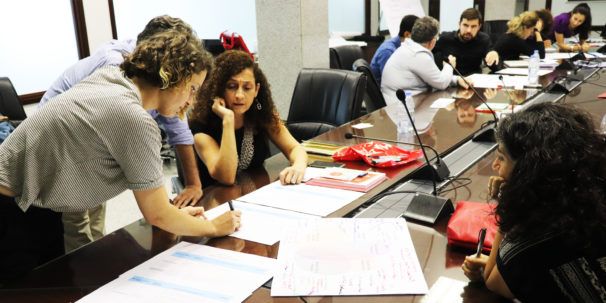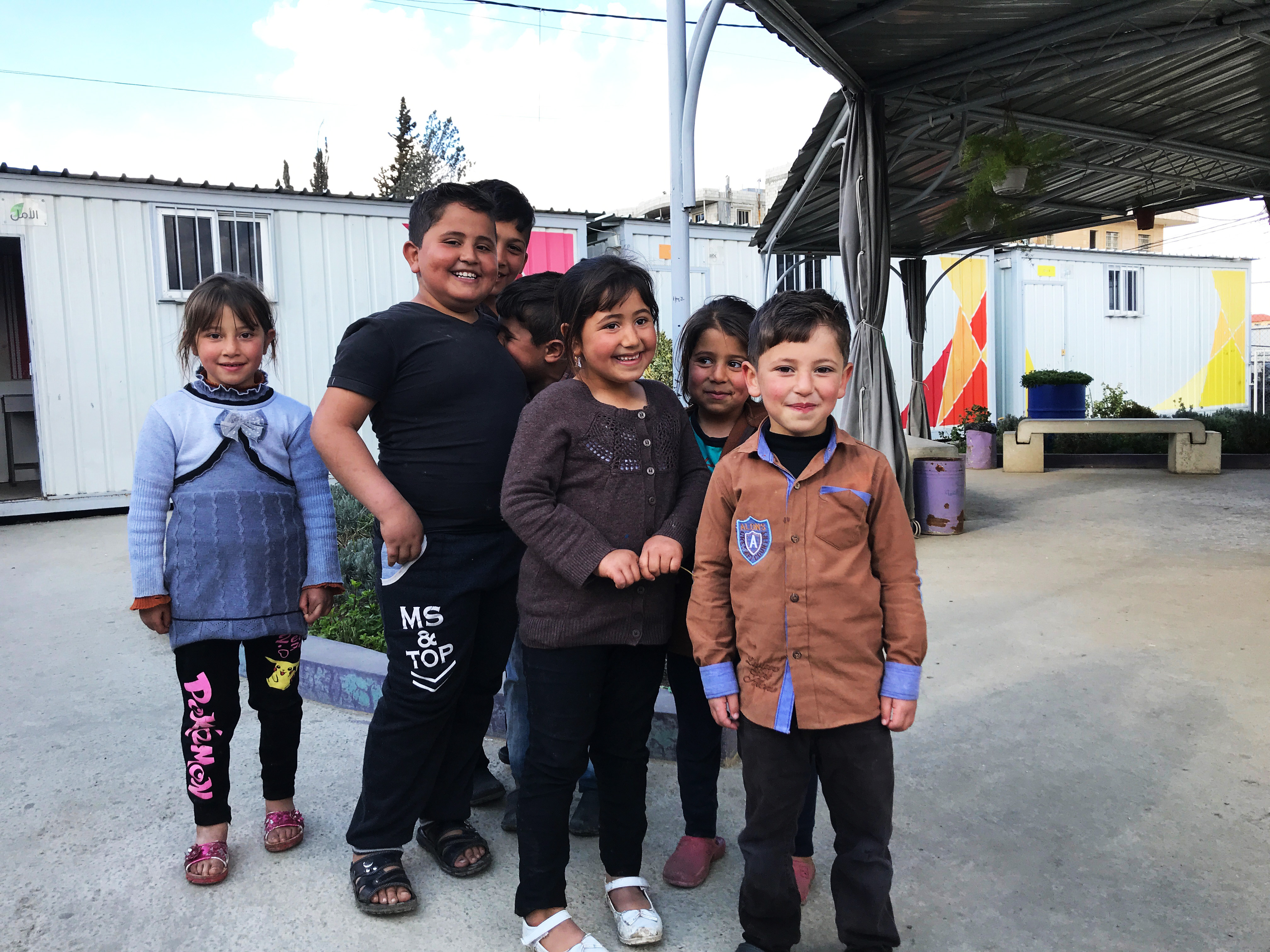What can communities do to help themselves?
In this post Diana Laurillard, professor at UCL and educator on the course Community Based Research: Getting Started, explains why community based research is vital for helping displaced communities.

Community based research is research carried out by, with and for a community. It is explicitly not carried out on their behalf by an external agency, even if the aim is to benefit them. It is intended to help them help themselves, on their own terms.
There are inspiring examples of community based research in highly diverse communities all over the world. The need for community members to conduct research into their own lives may result from long-term poverty and neglect, from sudden disastrous climatic events, or from the accumulated migration of people due to persecution or war. Whatever the reason, external assistance can be agonisingly slow, or non-existent, which leads to the question ‘what can communities do to help themselves?’ – and that is hard to answer. But we will address it more successfully if we collaborate and learn from each other, which is why we created this course Community Based Research: Getting Started.
Who can community based research help?
There are 65 million people across the world who are refugees from their own land. This is one of our greatest global challenges. Displacement creates extreme conditions in which people are utterly disempowered in all aspects of their life, and are placed in a position of vulnerability, forced to depend on the kindness and help of others. Of course, they lack the help they need, but they are not helpless. Migrant communities desperately want the chance to help themselves, but need to know how to get started.
The same is true for other disadvantaged communities. Millions of people in developing countries, and even in developed countries, still live in poverty with little hope of change. Community based research could be the means for a community to discover ways of transforming their most pressing problems.
How has community based research helped people already?
Community based research is already helping improve conditions in different communities. Local leaders and professionals, by working with the locals directly to listen to their needs, co-create potential solutions, take action, and evaluate the results.
On the course we meet some of these individuals. There is the group of mothers in a refugee camp who are convened by a local NGO to discuss how to deal with their children who do not want to go to school, and when they begin to see changes themselves, then involve other mothers in similar groups, gradually extending the impact of change.

There is the group of young journalists, who grew up in a camp, who were given just a few weeks training by another NGO, and now run their own online news channel, portraying positive stories of what refugees can bring to their host city.
Or take the the Slum Dwellers International model, which describes how people work through an ‘action research model’ with the whole community to work out their own solutions to the common problems of no toilet, no electricity, no help from government. It’s now a model now working in 35 countries.
How can I help communities in need?
The scale of migration problems is massive, and it cannot be solved without the deep engagement of the people involved. This is why we’ve created the online course Community Based Research: Getting Started. Professionals, community leaders, and local people can potentially learn so much from each other – this course is an opportunity for the constructive exchange of ideas and experience.
You might want to recommend the course to colleagues, other professionals, or community leaders who need these research techniques You could promote it within your own community to work together as a group on the course as you establish your own local project. Or you could sign up as a participant to guide such research or sign up your students, and blend it in with your own research methods.




